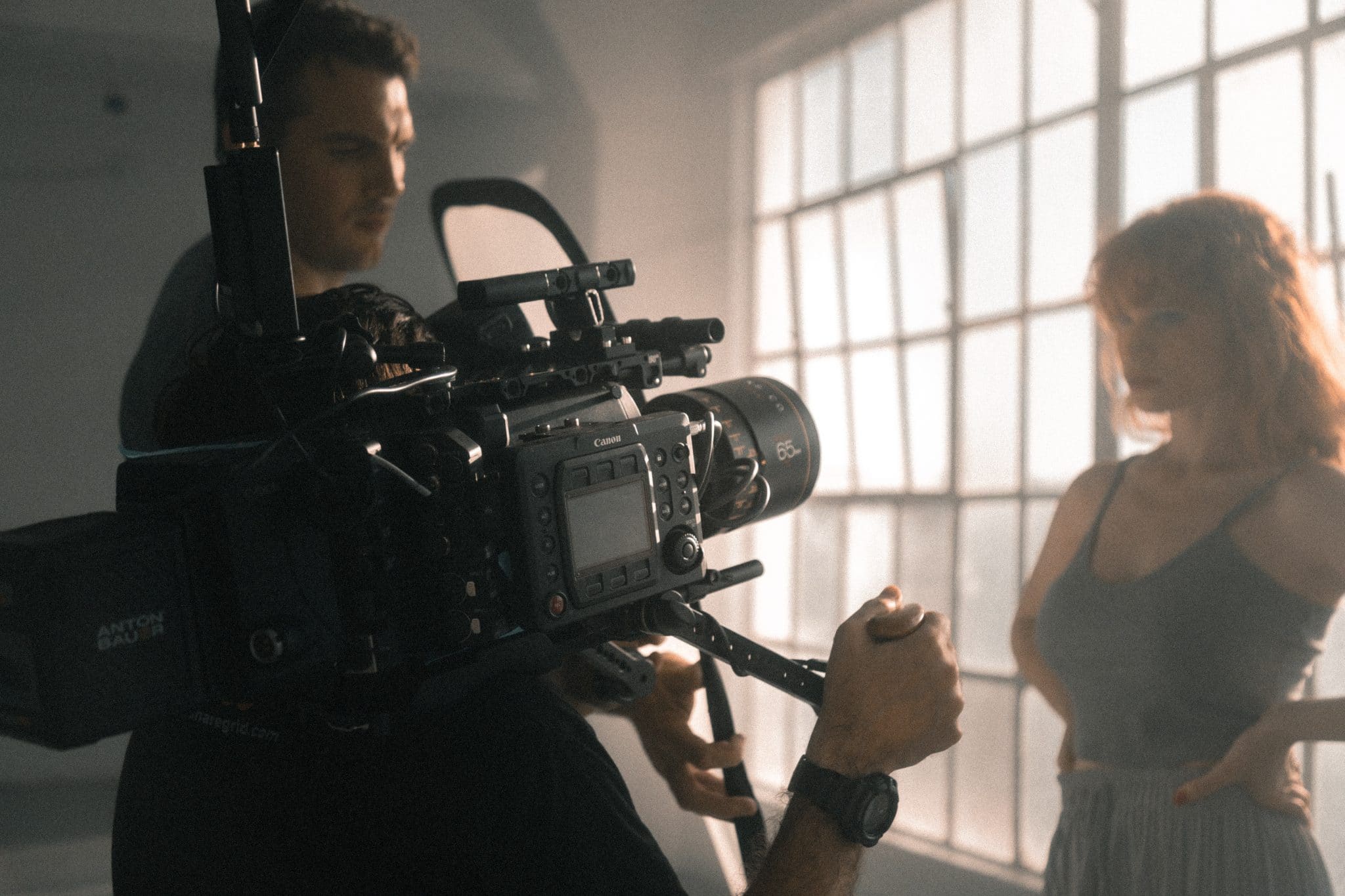Jamie Lee Curtis: Battle With Addiction
Jamie Lee Curtis, the award-winning actress, fought a battle with addiction that was kept hidden. The 63-year-old has now openly spoken out about her addiction to alcohol and Vicodin, a form of paracetamol, which started in 1989 after minor plastic surgery. Her addiction spanned 10 years, but she always maintained that no one knew.
After deciding to get help in 1999, she attended a recovery meeting and confided in her family by opening up about her struggles with addiction. Jamie Lee Curtis insists to this day that remaining sober has been her greatest accomplishment after breaking the cycle that has destroyed her family for years.

Alcohol & Painkiller Addiction
Prescription medicines might offer temporary pain relief when recuperating from major surgery or from a traumatic injury, which is exactly how Jamie Lee Curtis was first introduced to them. In addition to numbing pain, they also produce a feeling of calm bliss. This sensation, combined with the medications' addictive properties, can quickly cause a pain killer addiction.
Alcoholism, which is another name for alcohol addiction, is a disorder that can afflict anyone. Researchers have made an effort to identify risk variables for alcohol addiction, such as heredity, sex, ethnicity, or socioeconomic status, but there is no one cause for it. The condition can be caused by psychological, genetic, and behavioural causes, among others.
The Effects of Addictions
While some people get their painkillers through prescriptions, those who are addicted to them can also buy the medicines online without knowing the precise ingredients or dosages in the pills. An addiction to painkillers can result in seizures, liver and kidney damage, and other health problems.
A person is more prone to use bigger doses of painkillers if they develop an addiction and a tolerance to them. Respiratory depression may result from these large doses, which causes blood pressure to drop, heart rate to slow down, and breathing to become laboured.
The fact that alcoholism is a real disease must be emphasised. Alcoholism can alter the brain's neurochemistry, making it possible for a person to lose control of their behaviours. There are many ways in which alcohol addiction can manifest itself. Each person has a unique level of disease severity, frequency of alcohol use, and alcohol consumption. Some people binge drink and then abstain from alcohol for a period, while others drink extensively all day.
Does Drug Addiction Run in the Family?
Jamie Lee Curtis credits her sobriety to breaking the cycle of drug addiction in her family, but is it true… does drug addiction run in the family?
It is commonly acknowledged in the research on substance misuse disorders that addiction issues tend to run in families; people who had addicted parents as children are more likely to struggle with addiction themselves in the future. The combined effect of environmental and genetic factors can also be used to explain this predisposition to develop the disease of addiction.
The likelihood of developing addiction-related issues is largely influenced by genetics, but the environment also has a significant impact. Growing up with a parent or parents who use drugs or alcohol can have a variety of effects on a person's susceptibility to the condition.
You Aren't Alone
Alongside reaching out for help, realising that you aren’t alone is also important. Acknowledging you have an addiction, first of all, can be daunting, as it means you are uncertain about what the future holds. As Jamie Lee Curtis did, confide in friends, family or health specialists, because realizing you’re not alone is vitally important!
313,971 people take drugs, and 29.2 million people are reported to drink alcohol weekly in the UK alone. Given that such a substantial section of the population now admits to having a drug addiction, it is more than probable that you know or are yourself someone who is struggling with addiction. Understanding that addiction is a struggle and knowing you’re not alone often makes seeking out recovery less intimidating.
Feel Like You May Need Help?
If you feel like you or someone you know may be experiencing a painkiller or alcohol addiction, it’s important to speak to a healthcare professional or head to our website here at New Leaf Recovery to find out more of our available treatments.

